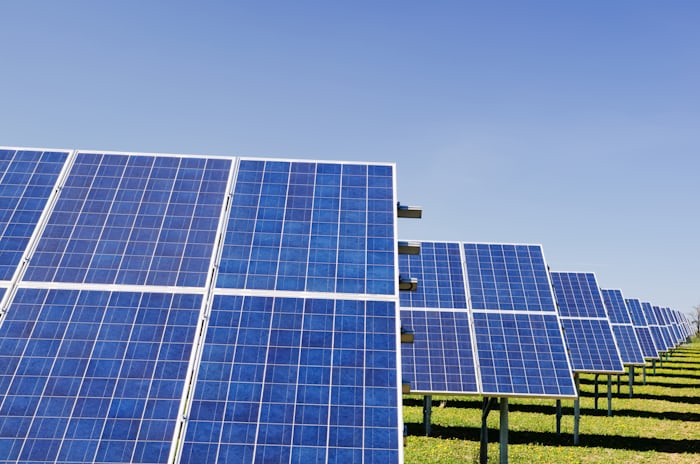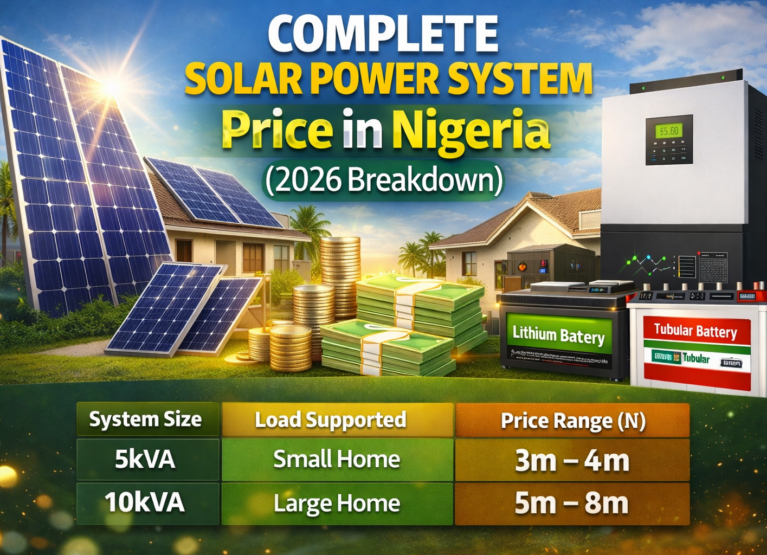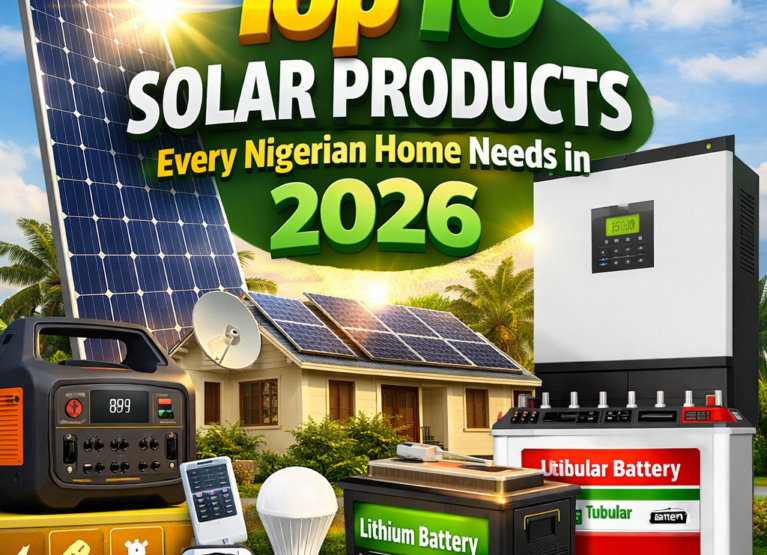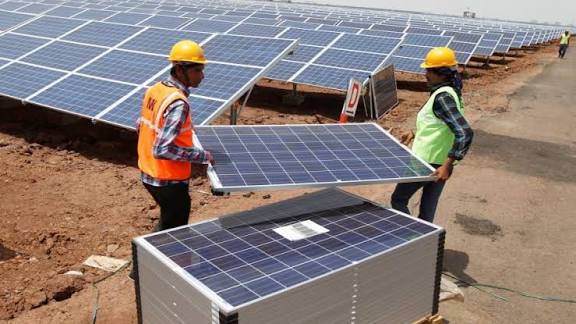How Do I Monitor the Performance of My Solar System?
Most Nigerians who are looking to reduce the high cost of Electricity bills are now switching to solar system. The constant power outage and incessant collapses of the national grid simply means traditional sources of generating electricity are no longer sustainable to most Nigerians.
However once you are able to get your solar system installed, there’s an absolute need to be able to monitor the performance of the system so as to get the best possible efficiency level. In this article, we’ll look at the different ways you can study the performance of your solar system
Why Do You Need to Always Monitor Your Solar System?
If you monitor your solar system, it is going to help you with the following
a.Its going to make sure that your system is able to generate the right amount of power that is needed.
b.It will help you to be able to detect problems very early and also have them fixed
c.You will have the capacity to be able to track your energy savings as well as extend your system efficiency.
d.The LifeSpan of your system and batteries can be easily extended.
e.You can easily optimize your energy usage which will help you to save cost.
If you are able to keep an eye on the performances of your solar system, Chances are that you can easily make the most out of your Investment in the solar system.
How Do I Monitor the Performance of My Solar System?
There are lots of ways that you can easily use to monitor the performance of your solar system, we’ll look at these ways one after the other.
1.Check Your Inverter Display Regularly
The inverter is probably the heart and engine room of your solar system, the duty of the inverter is to help convert the energy gotten from the sun to electricity which you can use at home.
Majority of the solar inverters out there do come with a digital display, which allows you to be able to see the real time performance data which includes Your power generation in watts or Kilowatts, The charge level of your battery, fault codes and system errors.
You should make it a habit to check your inverter display every day, this will help to make sure that everything is working perfectly, if you happen to observe anything that’s not in good standing, you can always consult professionals like Arenahub Global to help you with proper troubleshooting.
2.Use a Solar Monitoring App
A lot of modern solar system out there do come with very modern online dashboard or mobile apps that you can easily use to trace the performance of your solar system from anywhere, With this apps, you can get access to live data that shows you just how much electricity that your solar system is producing.
You also get historical data that will show you the performance trends of your solar system for days, weeks or even months, you’ll equally get an alert and notification which will warn you of any fault or drop in the efficiency of your solar system.
While the more modern solar system comes with monitoring apps, the older ones doesn’t, so if it happens that yours doesn’t come with these apps, you could consider installing external monitoring devices that will be compatible with your solar system
3.Measure Solar Panel Output with a Clamp Meter
With the Clamp Meter, you can be able to measure the level of current that is flowing from your solar panels. This is possible by checking the readings at different times of the day, that will help you to know if your panels are performing at the best level possible.
If the output seems to be lower than is expected, then chances are that there could be Problems like dirt or debris on the panels, it could also be caused by shading from trees or buildings around, you can’t also rule out the possibility of worn-out or possibly damaged solar cells. however if you are regularly cleaning and maintaining your solar system, you could absolutely bring it back to the best performance.
4.Monitor Battery Health
If the solar system you are making use of happens to include a battery unit, then it will be of your best interest to be monitoring the performances of your battery, to monitor effectively, you will need to monitor the State of charge (SOC) which helps to show the quantity of energy that is being stored.
READ ALSO:What Happens If My Solar Panels Get Damaged?
You will also need to monitor the Depth of Discharge (DOD) what it does is to show just how much of the battery’s energy is being put in use. also you should always observe the charge/discharge cycles, these help to know the lifespan of your battery.
If you happen to observe that your battery is draining too quickly or it’s not been able to hold on to a charge, it might just be an indication that it needs urgent maintenance or even replacement.
5.Compare Your Electricity Bills
If you are not using solar energy as your only source of power, that is if you are using solar power to reduce how much you are relying on traditional electricity, then you will need to compare your past electricity bills.
This will help you to be able to keep a track of the performance. If you happen to notice a consistent in the power grid Consumption, it might yet be the clearest indication that your solar system is working just perfectly.
However if it happens that your electricity bill has suddenly increased irrespective of the fact that you are making use of solar panels it could mean that your solar system is no longer generating the right amount of power that’s needed, this could be caused by the energy storage (battery Problem) or maybe some of your appliances are now consuming way more power than your solar system expected, you can always go for a professional solar audit to know the real issues.
 English
English
 French
French
 German
German
 Italian
Italian




